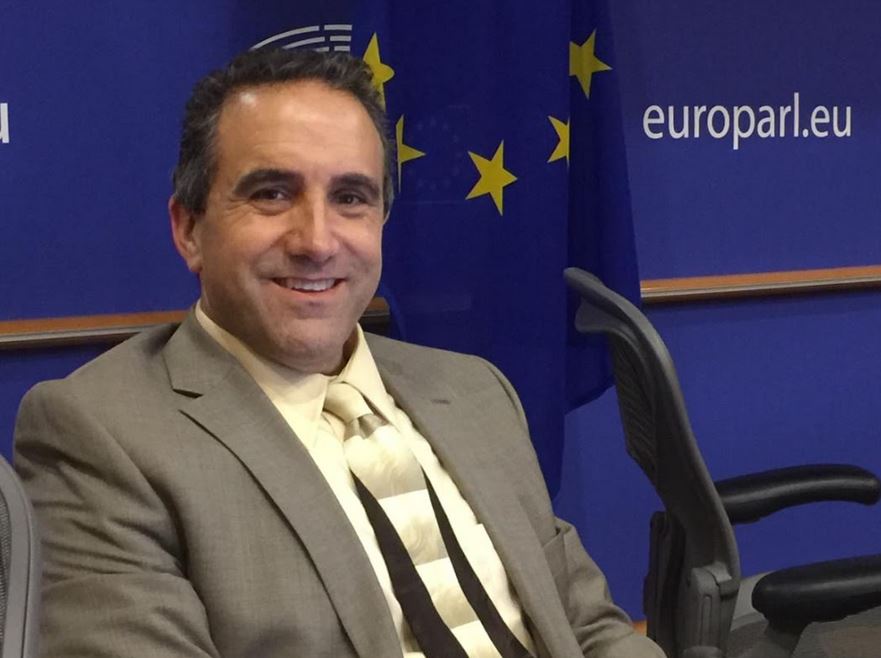Environmentalists’ faint hope that they can get international action on climate change gets fainter by the day. This week the United States Supreme Court added to their despair by kiboshing President Obama’s pledge, at December’s climate talks in Paris, to lead the world on climate change. “This could be the proverbial string which causes Paris to unravel,” The New York Times reported.
At the heart of Obama’s Paris pledge was his Clean Power Plan, an executive order hyped as “the first-ever carbon pollution standards for existing power plants.” The plan, rolled out with much fanfare prior to the Paris meetings to create a sense of momentum, was designed to shut down America’s fleet of coal-powered generating plants. The White House boasted its plan would help reduce CO2 emissions by 32 per cent by 2030 and lead to 30 per cent more renewable energy generation in 2030.
Except it was an empty boast based on an unconstitutional plan, said 29 states and state agencies, which successfully argued that the Obama plan needed congressional approval to proceed. The Supreme Court agreed to an immediate halt of Obama’s plan, sending it to a lower court and all but guaranteeing that, when Obama leaves office in 2017, the plan will remain in deep freeze.
India, China and other countries that were cajoled into making carbon-cutting commitments at Paris are now under no pressure to cut emissions either. As one adviser to China’s Paris delegation put it, “Look, the United States doesn’t keep its word. Why make so many demands on us?” U.S. environmental groups concur. “If the U.S. isn’t moving on climate action, it makes it really hard to go back to other countries and say, ‘Do more, we’re delivering,’” admits the Natural Resources Defense Council.


